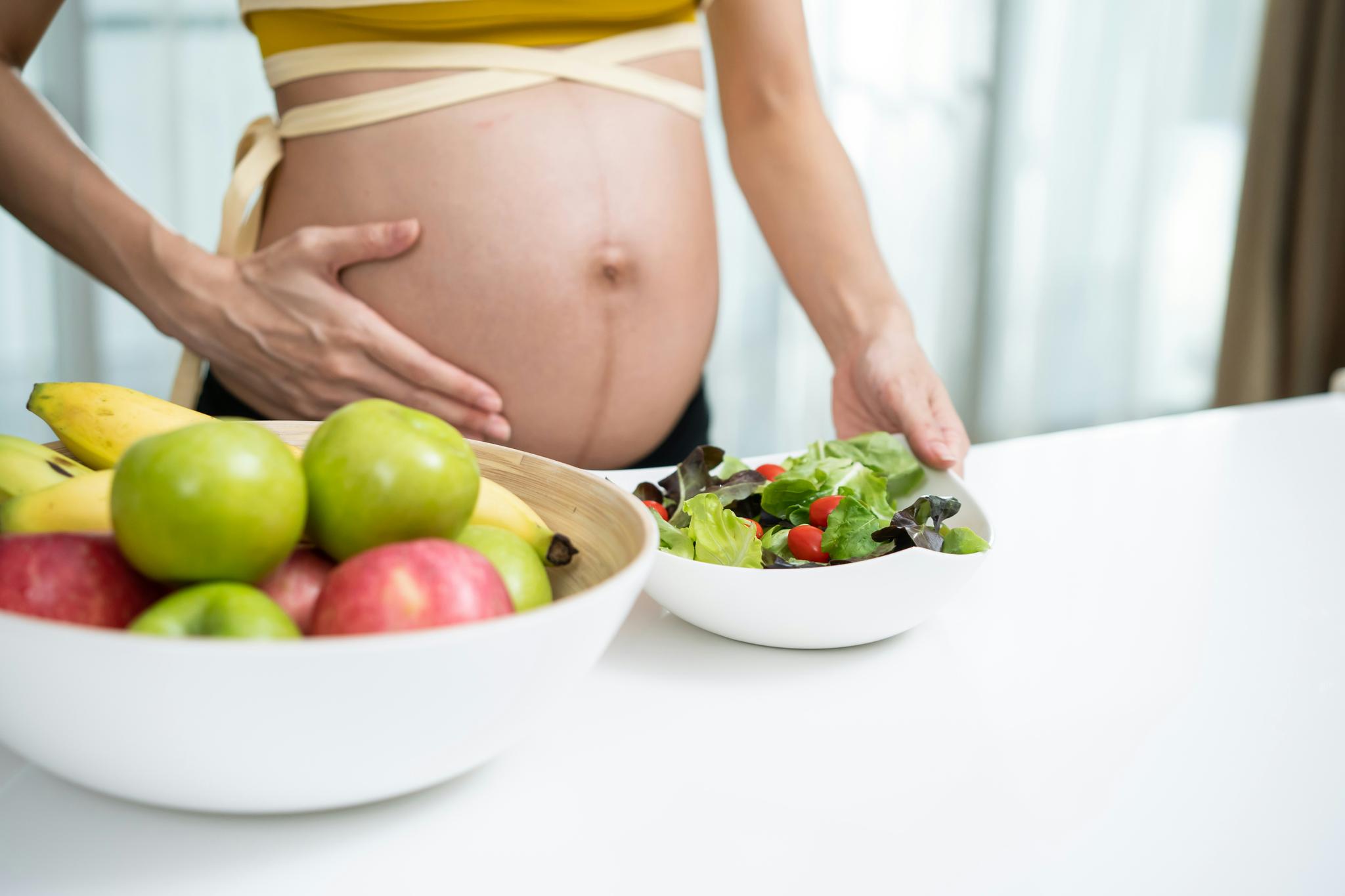Foods and Drinks to Avoid During Pregnancy
Last updated
First published

Pregnancy is an exciting time, and you may be in awe of your body's ability to nourish the person growing inside you.
Most foods are safe to eat during pregnancy. However, there are a few foods and drink items that you should avoid consuming to minimize the risk of illness in pregnancy for both you and your baby.
Dairy Products
Most cheeses, including cheddar, parmesan, and mozzarella, are perfectly safe during pregnancy. The same is true of yogurt and milk that has been pasteurized.
Some dairy products should be avoided, however. This is because some items may contain listeria.
Listeria is a type of bacteria that causes listeriosis. Listeriosis can cause miscarriage, stillbirth, or illness in a newborn baby.
Unpasteurized milk may contain listeria, so it is always better to buy pasteurized products. Unpasteurized cheeses include soft goat's cheese.
Listeria can occasionally be found in mold-ripened cheeses, including brie and camembert. Soft cheeses including Roquefort, Danish blue, and gorgonzola should also be avoided for the same reason.
Eggs
For years, pregnant women have been advised not to consume raw eggs. This is because if salmonella is present in the egg, it could lead to food poisoning, making you feel very unwell.
However, the guidelines have changed in recent years. If a hen in the UK has been vaccinated against salmonella, the egg will bear the stamp of the lion. Eating runny or raw 'British Lion' eggs or the equivalent certification in another country is now considered safe in pregnancy.
Care should still be taken to avoid eggs from hens who have not been vaccinated against salmonella. You should also avoid raw duck, quail, or goose eggs.
If you have any doubt, cooking an egg thoroughly (including the yolk) will make it safe for you to eat.
Fish
Like most things, fish can be eaten in moderation. However, certain fish, including shark, swordfish, and marlin, should be avoided.
These types of fish can be high in mercury. Too much mercury in pregnancy can increase the risk of cerebral palsy and cognitive impairment in the baby.
Raw shellfish should be avoided because there is a risk it might contain bacteria, viruses, or toxins that could give you food poisoning. To enjoy shellfish in pregnancy, make sure it is thoroughly cooked first.
Meat
Properly cooked and cold, pre-packed meats are safe to eat in pregnancy.
However, you should avoid raw and undercooked meat, liver products, and meat or vegetarian pates. Game meats, including pheasant and goose, should be avoided.
Eating undercooked meat increases your risk of toxoplasmosis, leading to miscarriage. The liver is not recommended because it contains a large amount of vitamin A which can lead to congenital malformations.
Drinks
Some drinks should not be consumed while pregnant, and there are others that you may need to reduce your intake of.
Alcohol
In pregnancy, the safest approach is to abstain from drinking alcohol. Drinking excess alcohol can lead to fetal alcohol syndrome, which is associated with learning difficulties, poor growth, and hearing or visual problems.
Caffeine
Many of us rely on caffeine to get through the day, but too much caffeine may be associated with miscarriage, stillbirth, low birth weight, premature labor, and illnesses in childhood.
Caffeine is found in coffee, green tea, cola, energy drinks, and chocolate.
There is no agreed safe limit for caffeine, so it is best to abstain or choose decaf options during pregnancy.
Final Thoughts
Eating a varied diet during pregnancy without putting yourself or your baby at risk is possible.
Some foods should be avoided to protect you and your baby, but many of these can be enjoyed again after delivery or when you stop breastfeeding.
Healthy pregnancy?
We have the best app for a healthy pregnancy. Track, learn, and enjoy your pregnancy with Bornly.
References
NHS
()Foods to avoid in pregnancy
WHO
Safe vitamin A dosage during pregnancy and lactation
BMJ
()No safe level of caffeine consumption for pregnant women and would-be mothers
Laurence Guldner,corresponding author, Christine Monfort, Florence Rouget, Ronan Garlantezec, and Sylvaine Cordier
()Maternal fish and shellfish intake and pregnancy outcomes: A prospective cohort study in Brittany, France
Joseph Hibbeln, Steven Gregory, Yasmin Iles-Caven, Caroline M. Taylor, Alan Emond, and Jean Golding
()Total mercury exposure in early pregnancy has no adverse association with scholastic ability of the offspring particularly if the mother eats fish
